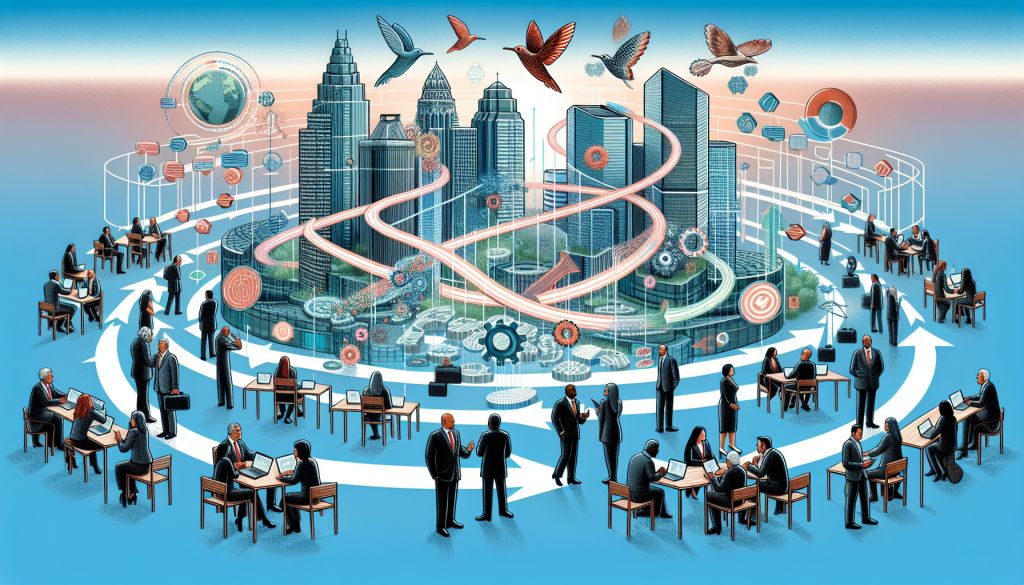Agile implementation in large global organisations can have a profound emotional impact on employees at all levels. The transition to an agile framework requires a shift in mindset, work processes, and communication styles, which can be both exciting and challenging for individuals within the organisation.
One of the key emotional impacts of agile implementation is the sense of empowerment and autonomy that it can bring to employees. In a traditional hierarchical structure, decision-making is often centralized at the top, leaving little room for individual creativity and innovation. Agile methodologies, on the other hand, encourage collaboration, self-organisation, and continuous improvement, giving employees a greater sense of ownership over their work and the outcomes they produce.
However, this newfound autonomy can also be daunting for some employees, especially those who are used to a more structured and directive work environment. The shift to agile requires individuals to take on more responsibility, make quick decisions, and adapt to changing priorities, which can lead to feelings of uncertainty and anxiety.
Moreover, the emphasis on collaboration and cross-functional teams in agile implementation can sometimes lead to conflicts and tensions among employees. Different personalities, work styles, and priorities can clash, causing stress and frustration within the team. It is crucial for organisations to provide support and training to help employees navigate these interpersonal challenges and build strong working relationships.

Another emotional impact of agile implementation is the pressure to deliver results quickly and iteratively. Agile methodologies are based on short cycles of work, known as sprints, which require teams to continuously deliver value to the business. This fast-paced environment can be exhilarating for some, but overwhelming for others, leading to burnout and fatigue.
Overall, the emotional impact of agile implementation in large global organisations is a complex and multifaceted issue. While it can empower employees, foster innovation, and improve productivity, it can also create stress, uncertainty, and conflict. Organisations must be mindful of these emotional dynamics and provide the necessary support and resources to help employees navigate the transition to agile successfully. By fostering a culture of trust, collaboration, and resilience, organisations can harness the full potential of agile methodologies and drive sustainable growth and success.